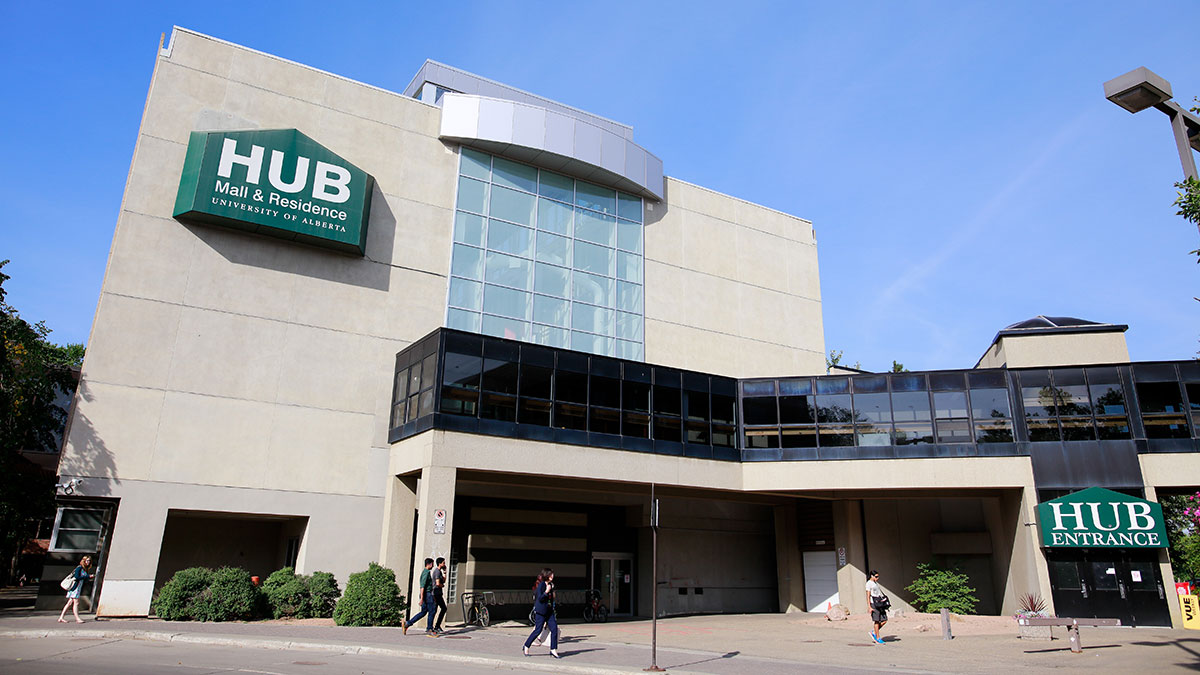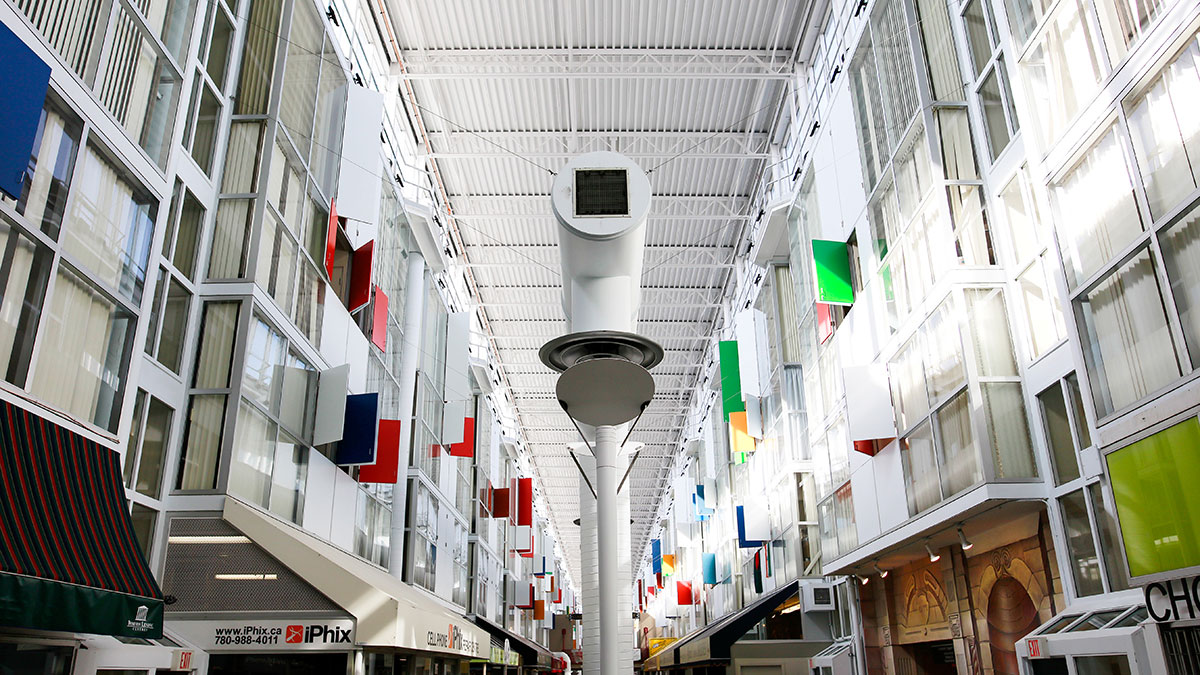U of A launches mattress recycling program
 Jiaming Wei
Jiaming WeiAs students furnish their new rooms in residence, they may not realize what happens to their mattresses after they’re done sleeping on them.
“Quite simply, we (used to) put them in the landfill,” Terry Sperling, University of Alberta Associate Director of Residence Operations, said.
Last spring, the Office of Sustainability launched a pilot project to divert the waste from mattresses. 215 mattresses from Lister Centre were sent to ReMatt, a Calgary-based recycling firm. Run in tandem with the Eco Move Out program, which disposes of residence waste in an environmentally responsible manner, the pilot was overseen by the Office of Sustainability and Residence Services.
“Mattresses don’t break down well,” Lauren Hall, U of A Sustainability Coordinator, said. “The recycling process not only diverts the waste from landfills, but saves all the energy associated with the production of the materials as well.”
Though it was a decision primarily motivated by environmental stewardship, the pilot made sense financially, Sperling said. Although it’s slightly less expensive to send the mattresses to the landfill, Residence Services was willing to spend more to ensure proper disposal.

The university was billed $14 per mattress by ReMatt, not including the cost to transport the mattresses to Calgary. The bill was footed primarily by Residence Services with some money supplemented by the Green Grants program.
Considered a fully successful project by Residence Services, Sperling said he hopes to continue and expand the project. Since the pilot was brought forward relatively late in the Eco Move Out planning period, Sperling said he intends on reaching out to other organizations to streamline next year’s mattress recycling.
Getting a head start on scheduling shipping trailers and bringing longtime Eco Move Out partners such as Waste Management will all help to smooth out the project, Sperling said.
Though the service is not available to the general public, those involved in the project said they are hopeful that improved recycling infrastructure would benefit more than just the university.
“It’s a win-win for everyone involved,” Sperling said when asked about the future of a mattress recycling depot in Northern Alberta. “With all the large hospitals, residences, and hotels in Edmonton, these companies could be guaranteed of disposal for a given number of mattresses every year, and that’s what they look for.”
The pilot program also meets by the Sustainability Plan’s goals, which expired in January, 2015. With nearly 50 per cent of university waste ending up outside of landfills, Hall said she’s excited to see how the project fits into the new plan, due for 2016.
“At the end of their lives, mattresses can be pretty gross,” Hall said. “So it’s good to see that all their component parts can be repurposed.”




